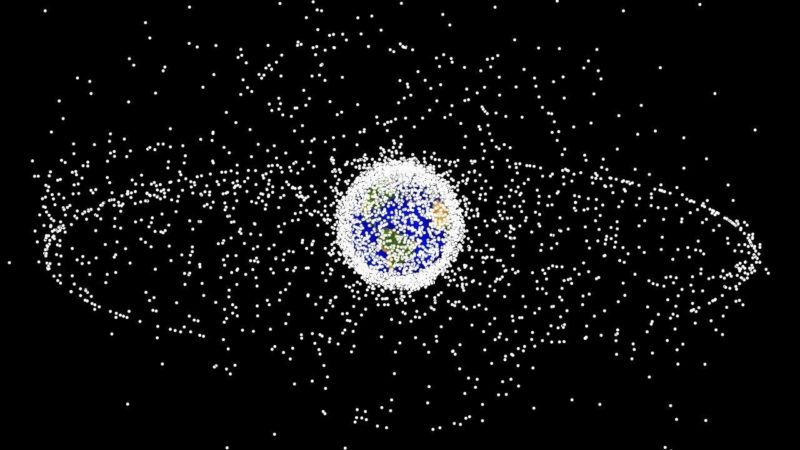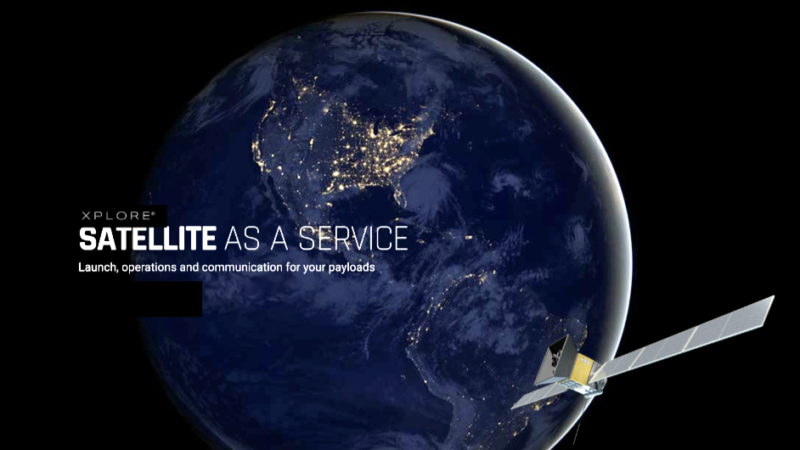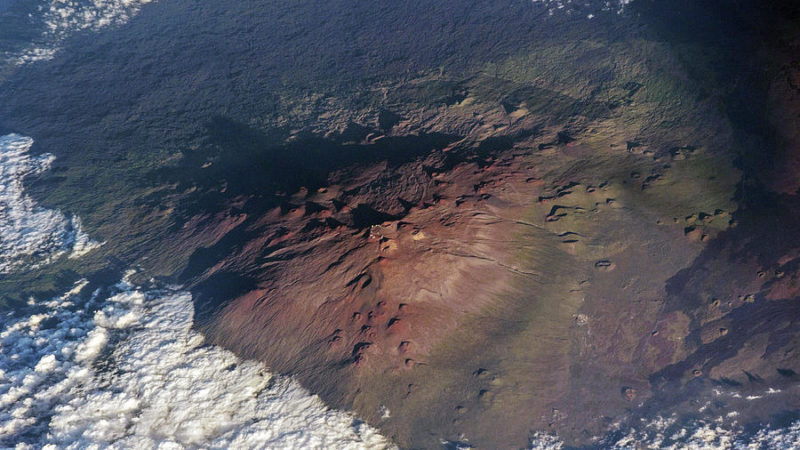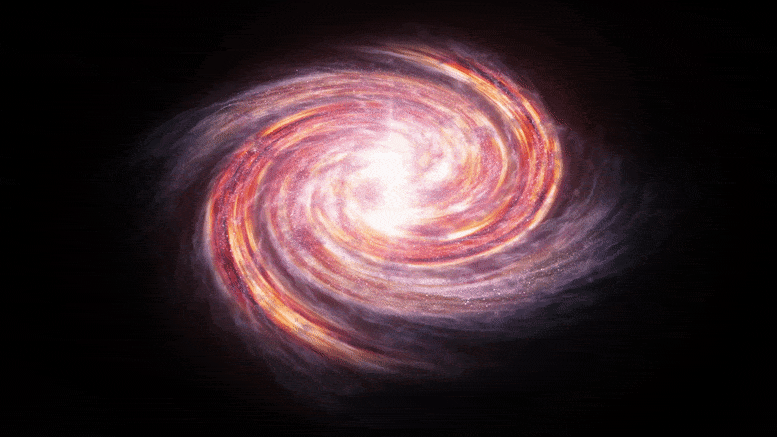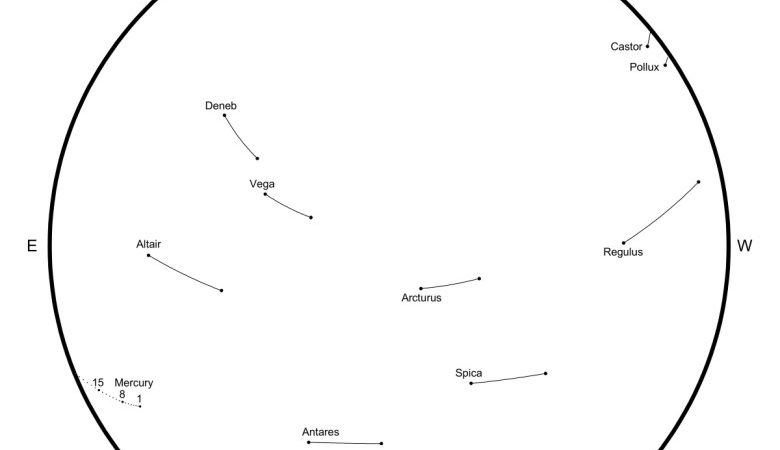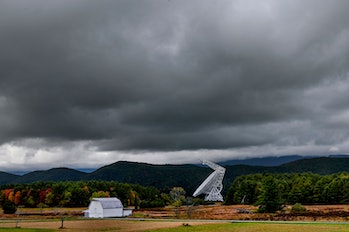Want to see the sun in a whole new way?
Now you can do just that by looking through a host of science data newly made available to the public. That information was gathered by NASA’s Parker Solar Probe during its first two close passes of the sun. The flybys brought the spacecraft closer to the sun than any previous vehicle had gone, offering scientists an incredible opportunity to learn more about our star.
“Parker Solar Probe is crossing new frontiers of space exploration, giving us so much new information about the sun,” Nour E. Raouafi, Parker Solar Probe project scientist at the Johns Hopkins University Applied Physics Laboratory, said in a statement. “Releasing this data to the public will allow them not only to contribute to the success of the mission along with the scientific community, but also to raise the opportunity for new discoveries to the next level.”
Related: NASA’s Parker Solar Probe Mission to the Sun in Pictures
Parker Solar Probe launched in August 2018 for a seven-year mission that is targeting the constant stream of highly charged plasma leaving the sun, called the solar wind, and the star’s outer atmosphere, called the corona. Studying these phenomena requires getting incredibly close to the sun; the spacecraft primarily gathers data while within about 23 million miles (37 million kilometers) of our star.
Onboard are four science experiments: Fields Experiment, which studies electric and magnetic fields; Integrated Science Investigation of the Sun, which measures high-energy charged particles in the solar wind and corona; Wide-Field Imager for Solar Probe, which images the solar wind and other structures; and Solar Wind Electrons Alphas and Protons Investigation, which measures different types of particles in the solar wind.
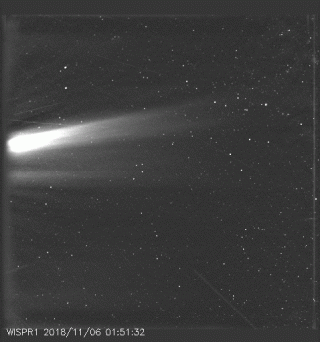
Data gathered by a Parker Solar Probe instrument, the Wide-Field Imager for Solar Probe, in November 2018, during the spacecraft’s first solar flyby.
(Image credit: NASA/Naval Research Laboratory/Parker Solar Probe)
And now, you too can pore through data gathered by those instruments during the first two flybys: Oct. 31-Nov. 12, 2018, and March 30-April 19, 2019. During the second flyby, mission engineers were able to increase the amount of data the spacecraft sent home, thanks to better data-return rates than expected. There is no central hub for the data, but NASA has provided a list of websites to explore.
According to the same NASA statement, the first full-fledged science results from the mission should be published later this year.
Parker Solar Probe has also already made its third flyby of the sun; the spacecraft’s next closest approach is on Jan. 29, 2020.
Email Meghan Bartels at mbartels@space.com or follow her @meghanbartels. Follow us on Twitter @Spacedotcom and on Facebook.

Need more space? Subscribe to our sister title “All About Space” Magazine for the latest amazing news from the final frontier!
(Image credit: All About Space)

